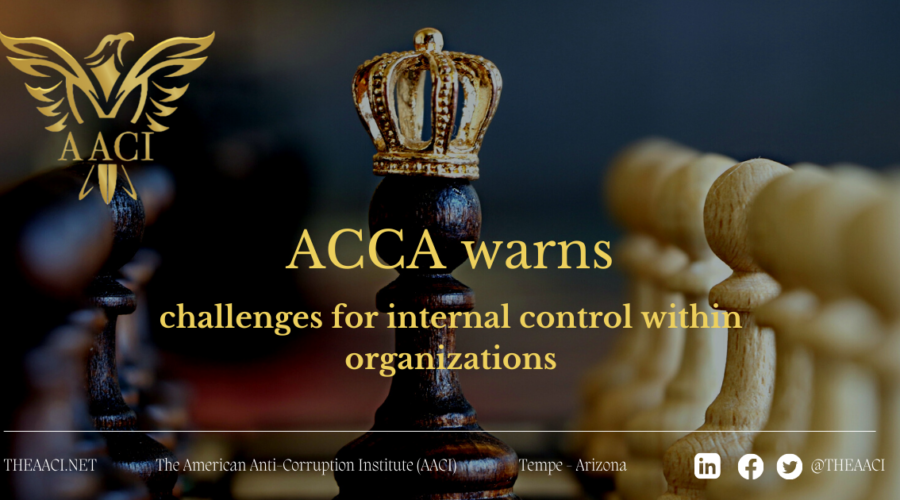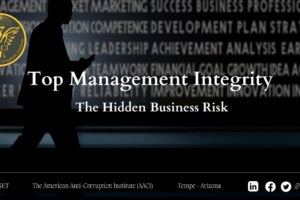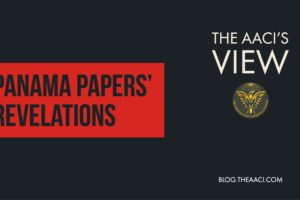July 11, 2022
Technical Staff
According to a new report from the Association of Chartered Certified Accountants (ACCA), the purpose and effectiveness of internal control are being put to the test “like never before” by a slew of external pressures. The report is stated to have been contributed to by the Internal Audit Foundation and the Institute of Management Accountants (IMA).

The three professional organizations collaborated to poll 2,000 of their global members in order to “better grasp what lies ahead for internal control,” which is claimed to be a critical component of corporate operational management.
The survey’s findings
50% of respondents said that a lack of appropriately skilled staff is a challenge.
41% said technological advances are compromising existing internal controls.
32% said a lack of executive emphasis on internal controls was also impacting the management of internal control.
The purpose of internal control
88% say it minimizes risk.
84% cited prevention of fraud.
77% said the protection of assets.
Internal control is a principle of fighting corruption

Internal control is seen as a crucial component in the fight against corruption by The American Anti-Corruption Institute (AACI). Internal control must always be effective in the battle against corruption. Internal control reduces various risks, including the risk of noncompliance with rules, laws, and regulations. The concepts of the risk assessment component of internal control take into account both fraud risks and those that may exist due to change. One of the goals of internal control is operational efficiency. They are concerned with “the effectiveness and efficiency of the entity’s activities, including operational and financial performance targets, and asset protection.” 1
Tone is always set at the top
The key drivers for establishing, implementing, and maintaining effective internal control are executive management and those responsible for governance. When 32% of respondents say that a lack of executive emphasis on internal controls has a negative impact on internal control management, it becomes clear how important the tone at the top is. It is also plausible that more than half of the respondents consider a shortage of adequately skilled personnel to be a challenge.
A lack of executive emphasis on internal controls + a lack of appropriately skilled staff = a high likelihood of having ineffective internal control AND high fraud and corruption risks.
Notes
1. Read more on COSO.org











































